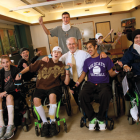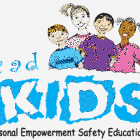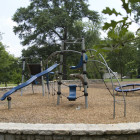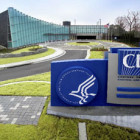
Dirt bikes, Joyriding and Diving, Avoiding the Tragedies of Teenage Poor Judgment
|
Connor Whitesell, 17, was riding his dirt bike and wanted to try out a homemade ramp. Cody Holder, 16, dove into a shallow pool at a relative’s house – despite his father’s warnings. Kristyn Osterhaus, 19, was joyriding -- without a seatbelt -- in the backseat of an overloaded Jeep, following a summer party.
The three teens were from different parts of the country, and by all accounts, were good kids. Had they shown a tad more judgment in the moments leading up to those acts – perhaps had they just thought for a moment before acting -- they would have nothing in common. Instead, they are alumni of Shepherd Center, a spinal cord and brain injury rehabilitation hospital in Atlanta.








